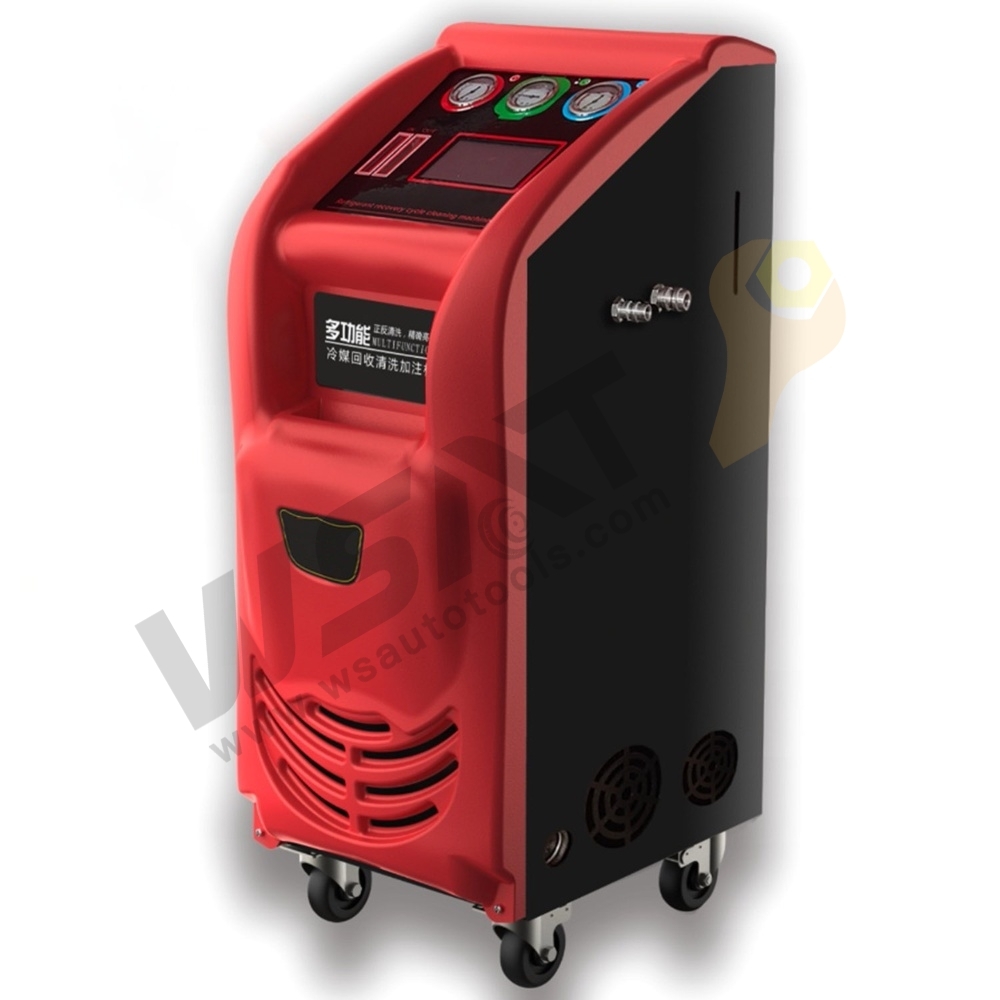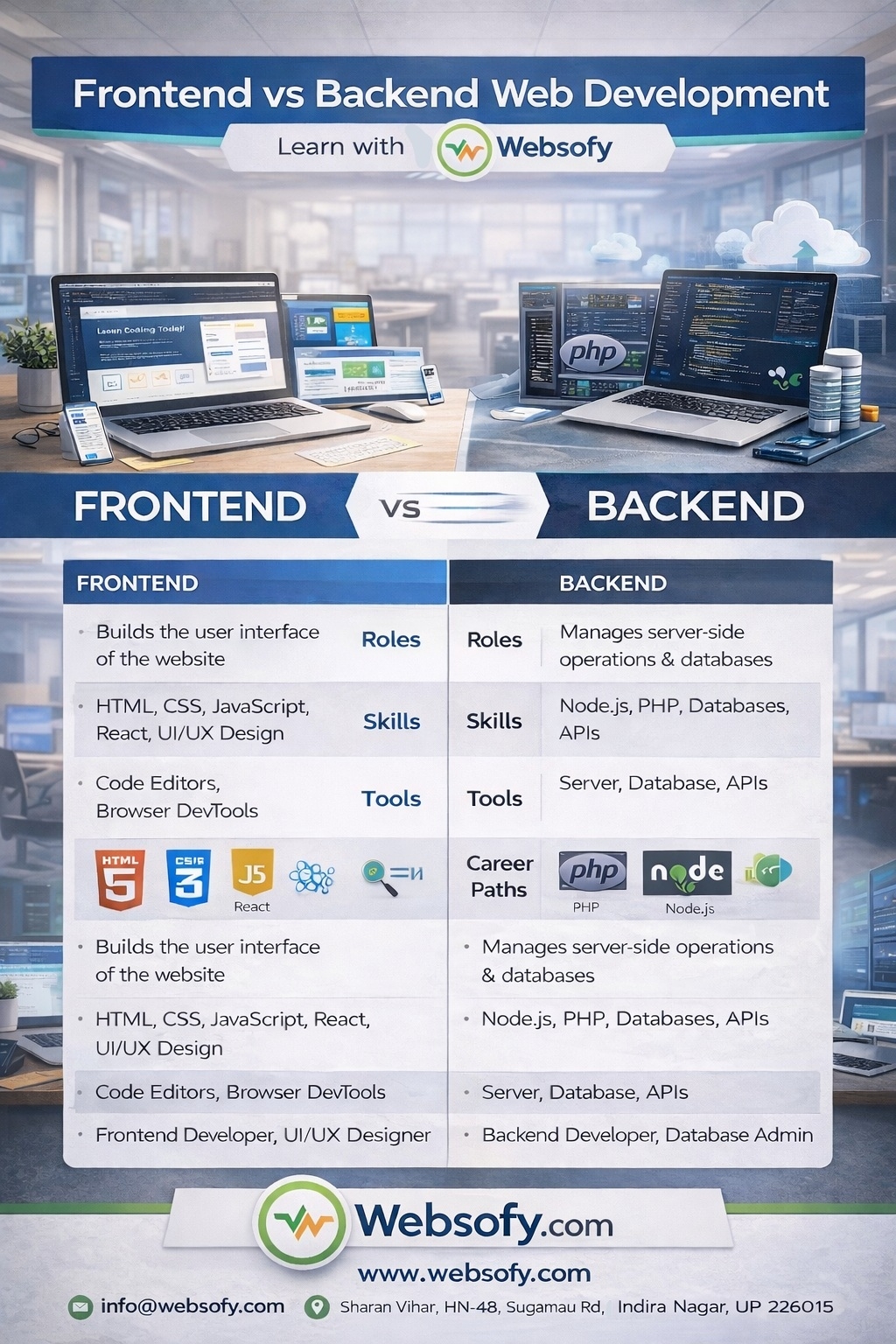6 High Leveler Manufacturers are transforming the steel industry, enabling manufacturers worldwide to achieve unmatched precision, efficiency, and sustainability. Among them, SUMIKURA Co., Ltd leads with its advanced Cut To Length Lines, engineered for superior flatness, reliability, and high throughput.
https://sumikura.jp/cut-to-length-lines-1.html
High-traffic Google searches reveal strong interest in Industry 4.0, smart factories, digital manufacturing, and industrial automation. High levelers are essential in steel processing, flattening coils into sheets with exact tolerances and repeatable quality. Precision leveling is vital for automotive, construction, appliance, energy, and heavy industries, where even small deviations can impact performance, safety, and cost-efficiency.
Cut To Length Lines: Precision Meets Productivity
Modern cut to length lines integrate uncoiling, leveling, measuring, shearing, and stacking. Leveraging expertise from 6 High Leveler Manufacturers, including SUMIKURA, these systems produce steel sheets with uniform flatness and high-quality output. Manufacturers benefit from reduced scrap, optimized coil utilization, and higher throughput, supporting both high-volume and flexible production environments.
Automation and Industry 4.0 Integration
Automation is a major trend in manufacturing. High levelers from 6 High Leveler Manufacturers feature intelligent PLC controls, servo-driven leveling, and real-time monitoring. SUMIKURA Co., Ltd integrates these technologies into smart factory systems, enabling predictive maintenance, process optimization, and minimal downtime, fully aligned with Industry 4.0 standards.
Sustainability and Green Manufacturing
Sustainable manufacturing is increasingly prioritized. Companies aim to reduce scrap, energy consumption, and carbon emissions. Precision leveling from 6 High Leveler Manufacturers maximizes material utilization and minimizes waste. SUMIKURA’s equipment enhances operational efficiency while supporting ESG goals, combining productivity with environmental responsibility.
SUMIKURA Co., Ltd: Engineering Excellence
SUMIKURA is a leading provider of cut to length lines and high levelers for steel, stainless steel, and aluminum. By incorporating innovations from 6 High Leveler Manufacturers, SUMIKURA delivers systems with superior flatness, stability, and repeatability, meeting the requirements of both high-volume production and flexible manufacturing.
Supporting EV and Infrastructure Growth
Global investments in electric vehicles, renewable energy, and infrastructure projects continue to rise. Battery enclosures, structural frames, and construction panels require precise steel sheets. Solutions from 6 High Leveler Manufacturers, including SUMIKURA, ensure consistent accuracy and repeatable output, efficiently supporting industrial demand and infrastructure expansion.
Why Market Interest Keeps Rising
Manufacturers searching for industrial automation equipment and advanced steel processing solutions prioritize precision, durability, and digital integration. Leveraging high-level systems from 6 High Leveler Manufacturers ensures consistent quality, operational efficiency, and long-term strategic advantage.
The Future of Steel Processing
Cut to length lines and high levelers will continue evolving with faster speeds, smarter controls, and deeper connectivity. Investing in solutions from 6 High Leveler Manufacturers, led by SUMIKURA, is more than a productivity upgrade—it’s a step toward sustainable, future-ready manufacturing operations.
6 High Leveler Manufacturers are transforming the steel industry, enabling manufacturers worldwide to achieve unmatched precision, efficiency, and sustainability. Among them, SUMIKURA Co., Ltd leads with its advanced Cut To Length Lines, engineered for superior flatness, reliability, and high throughput.
https://sumikura.jp/cut-to-length-lines-1.html
High-traffic Google searches reveal strong interest in Industry 4.0, smart factories, digital manufacturing, and industrial automation. High levelers are essential in steel processing, flattening coils into sheets with exact tolerances and repeatable quality. Precision leveling is vital for automotive, construction, appliance, energy, and heavy industries, where even small deviations can impact performance, safety, and cost-efficiency.
Cut To Length Lines: Precision Meets Productivity
Modern cut to length lines integrate uncoiling, leveling, measuring, shearing, and stacking. Leveraging expertise from 6 High Leveler Manufacturers, including SUMIKURA, these systems produce steel sheets with uniform flatness and high-quality output. Manufacturers benefit from reduced scrap, optimized coil utilization, and higher throughput, supporting both high-volume and flexible production environments.
Automation and Industry 4.0 Integration
Automation is a major trend in manufacturing. High levelers from 6 High Leveler Manufacturers feature intelligent PLC controls, servo-driven leveling, and real-time monitoring. SUMIKURA Co., Ltd integrates these technologies into smart factory systems, enabling predictive maintenance, process optimization, and minimal downtime, fully aligned with Industry 4.0 standards.
Sustainability and Green Manufacturing
Sustainable manufacturing is increasingly prioritized. Companies aim to reduce scrap, energy consumption, and carbon emissions. Precision leveling from 6 High Leveler Manufacturers maximizes material utilization and minimizes waste. SUMIKURA’s equipment enhances operational efficiency while supporting ESG goals, combining productivity with environmental responsibility.
SUMIKURA Co., Ltd: Engineering Excellence
SUMIKURA is a leading provider of cut to length lines and high levelers for steel, stainless steel, and aluminum. By incorporating innovations from 6 High Leveler Manufacturers, SUMIKURA delivers systems with superior flatness, stability, and repeatability, meeting the requirements of both high-volume production and flexible manufacturing.
Supporting EV and Infrastructure Growth
Global investments in electric vehicles, renewable energy, and infrastructure projects continue to rise. Battery enclosures, structural frames, and construction panels require precise steel sheets. Solutions from 6 High Leveler Manufacturers, including SUMIKURA, ensure consistent accuracy and repeatable output, efficiently supporting industrial demand and infrastructure expansion.
Why Market Interest Keeps Rising
Manufacturers searching for industrial automation equipment and advanced steel processing solutions prioritize precision, durability, and digital integration. Leveraging high-level systems from 6 High Leveler Manufacturers ensures consistent quality, operational efficiency, and long-term strategic advantage.
The Future of Steel Processing
Cut to length lines and high levelers will continue evolving with faster speeds, smarter controls, and deeper connectivity. Investing in solutions from 6 High Leveler Manufacturers, led by SUMIKURA, is more than a productivity upgrade—it’s a step toward sustainable, future-ready manufacturing operations.



